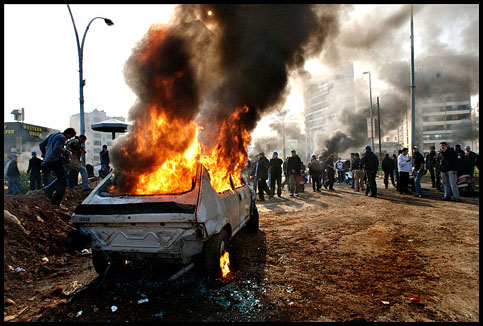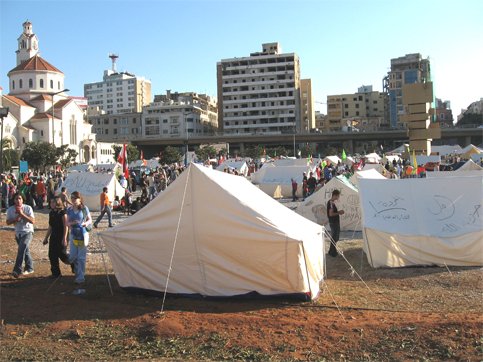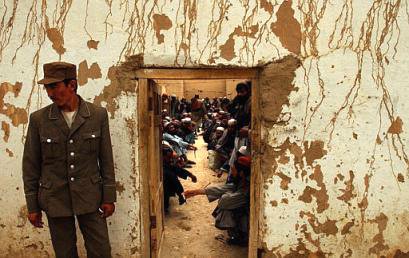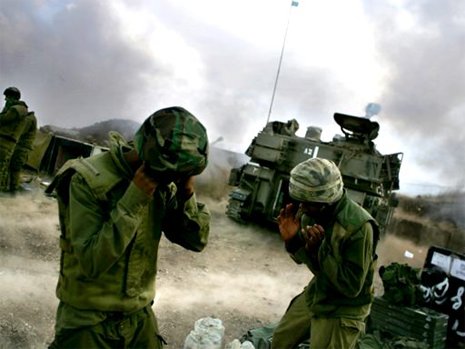Corey Robin – London Review of Books
Last year marked the centenary of Hannah Arendt’s birth. From Slovenia to Waco, conferences, readings and exhibitions were convened in her honour. This month, Schocken Books is issuing a new collection of her writings, its fifth publication of her work in four years. Penguin has reissued On Revolution, Eichmann in Jerusalem and Between Past and Future. And Yale has inaugurated a new series, ‘Why X Matters’, with Elisabeth Young-Bruehl’s Why Arendt Matters.
Arendt would undoubtedly have been pleased by all this. She didn’t like attention, but she did love birthdays. Birth meant the arrival of a new being who would, or could, say and do things no one had said or done before. The appearance of such a being, she thought, might move others to speak and act in new ways as well. There was always a certain pathos to this notion. Whatever its promise, birth is a fact of nature. And nature, Arendt insisted, is the sphere not of novelty or freedom but of repetition and routine.
Perhaps it was inevitable, then, that the centenary of Arendt’s birth should have devolved into a recitation of the familiar. Once a week, it seems, some pundit will trot out her theory of totalitarianism, dutifully extending it, as her followers did during the Cold War, to America’s enemies: al-Qaida, Saddam, Iran. Arendt’s academic chorus continues to swell, sounding the most elusive notes of her least political texts while ignoring her prescient remarks about Zionism and imperialism. Academic careers are built on interpretations of her work, and careerism, as Arendt noted in her book on Eichmann, is seldom conducive to thinking.
(…اكثر)











